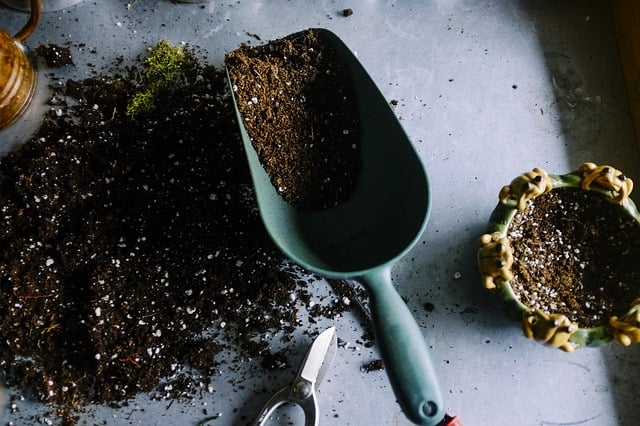Soil is the foundation for a great yard. Without the right soil, you’ll never be able to create a thriving outdoor environment that gives you relaxation, attracts beautiful wildlife, and supports the local habitat. Yet too many people neglect the process of evaluating their soil before looking to create or modify their plan for an organic garden.
Here’s what you need to know to ensure your soil is ready for an organic garden, and a few steps you can take to help it get that way if necessary:
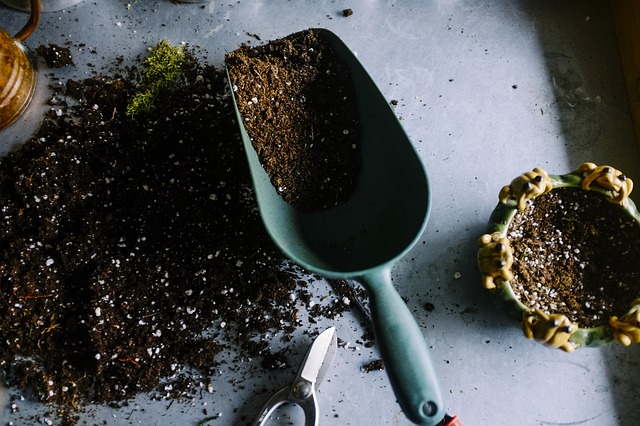
What is soil testing?
Soil testing is an analysis of the nutrient content, contaminants, composition, and other traits of the soil in your yard. With a soil test you can tell which plants can be grown in your yard and what kind of deficiencies or damage there might be to your soil, which in turn gives you information that can be used to plan your outdoor space.
To get your soil tested, you’ll need to purchase a soil testing kit. You can find these tests from several different places - gardening co-ops may have them in stock depending on where you look. Be careful about buying tests from a garden center or home improvement store - they test by adding water, relying too much on visual acuity. If you want to make sure you have a completely accurate test, an easy, reliable place to get your soil tested is from the University of Massachusetts’ Soil & Plant Nutrient Testing lab, located here. You can send a sample of your soil to get tested and should receive results in 10-15 business days.
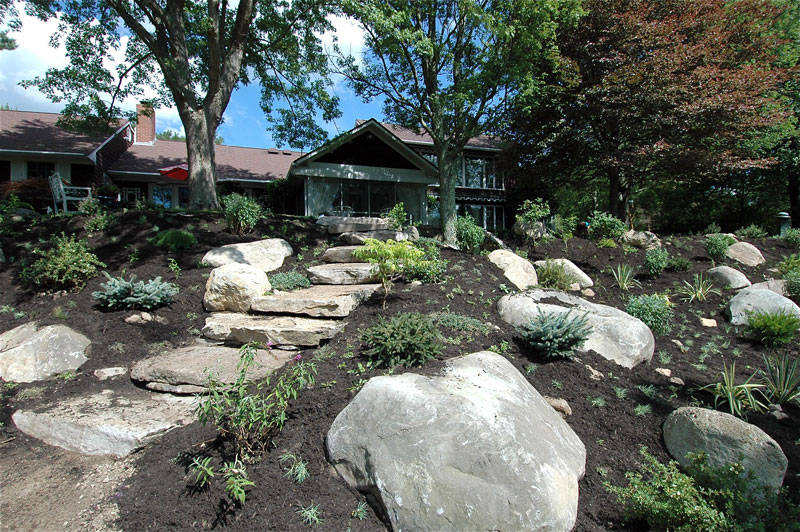
Top Attributes of Organic Soil
What should you be looking for in your organic soil? There are a few critical attributes:
- Organic Matter. Without the right things decomposing in your soil - grass, leaves, roots, moss, and other matter, you won’t have a good foundation from which to grow. Ideally, organic matter should compose between 5% and 10% of your soil.
- Minerals. In soil, minerals come from tiny pieces of decomposed rock. These nutrients are vital in helping your plant roots nourish themselves and continue to grow into adults.
- pH level. This is a measure of the acidity in your soil. Ideally you want a balanced pH - too high indicates your soil is too acidic, while too low indicates there may not be enough nutrients to grow your plants.
These are just a few of the elements you’ll need in your soil for a top-caliber organic garden. For a full list, check out resources online, such as this guide to better garden soil from Mother Earth News.
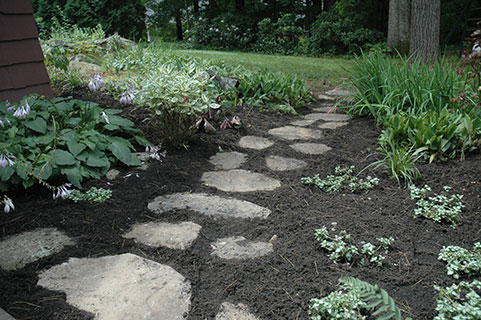
How to Improve Your Soil for Organic Gardening
It’s great if you have perfect soil for gardening, but what happens if it needs improvement before you can grow the right plants? The solution is to add specific elements to the soil:
- If your soil’s pH is off, you’ll want to either add limestone (to make it more acidic) or sulfur (to make it more basic). Make sure you use organic forms of these additives.
- If your soil needs more organic matter, add compost. You can use prepared plant and food waste, mulch, grass clippings, twigs, leaves, and several different other kinds of compost to improve the presence of organic material.
- Plant cover plants. These plants, also known as cover crops or green manure, will not only help protect and nourish your soil in the winter, they will improve its structure every year as they continue to mature and impact your soil with roots.
At Moodscapes, we’ve seen all different types of soil and are especially experienced with the clay-heavy soil found in most Massachusetts yards. Contact us today to learn about how we can ensure your soil is ready to be a strong foundation for your organic outdoor space.
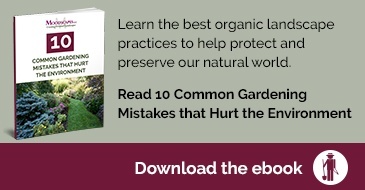
Moodscapes LLC is an organic landscape design and service company with a focus on helping you extend your life outdoors to enjoy activities on your own, as a family and with friends. We create opportunities for you to commune with and find joy and peace in nature and to live in an ecologically friendly and healthy environment. Please explore our landscape services and the portfolio that demonstrates many examples of our work.

